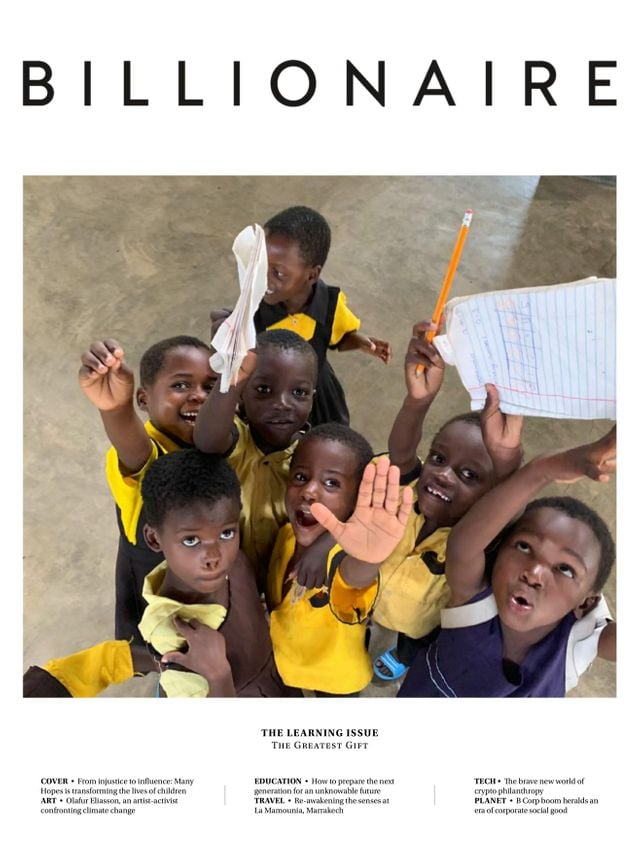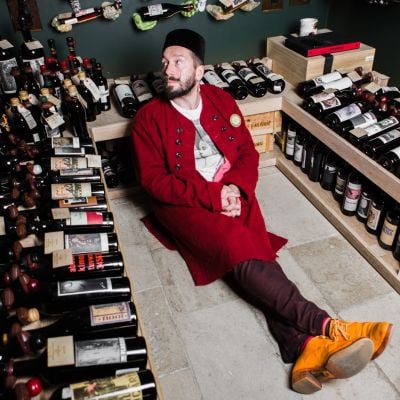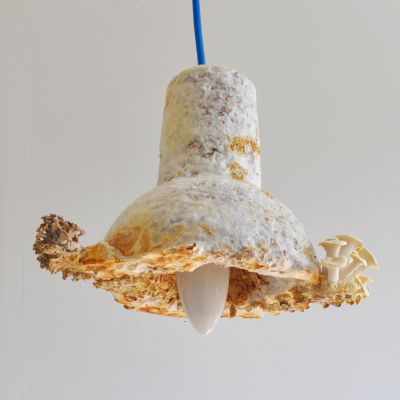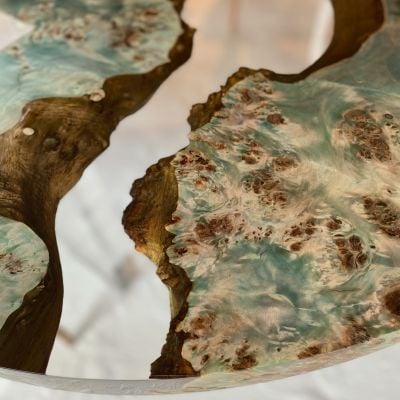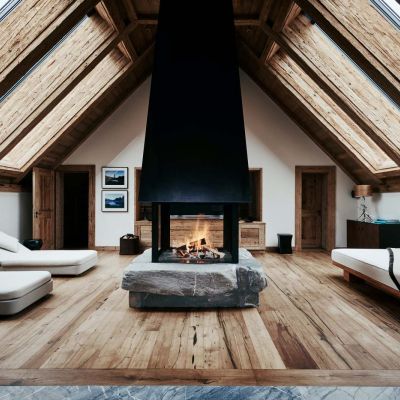Barrels on the Block
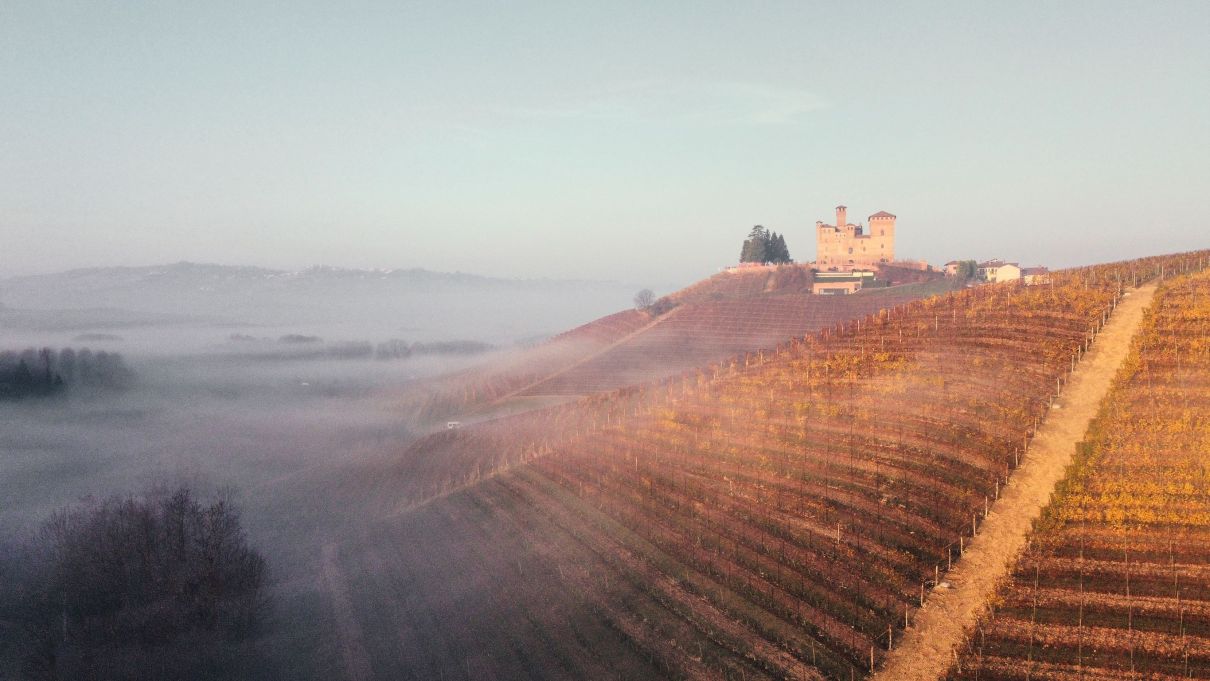
NFTs and blockchain are set to transform the luxury wine and spirits industry.
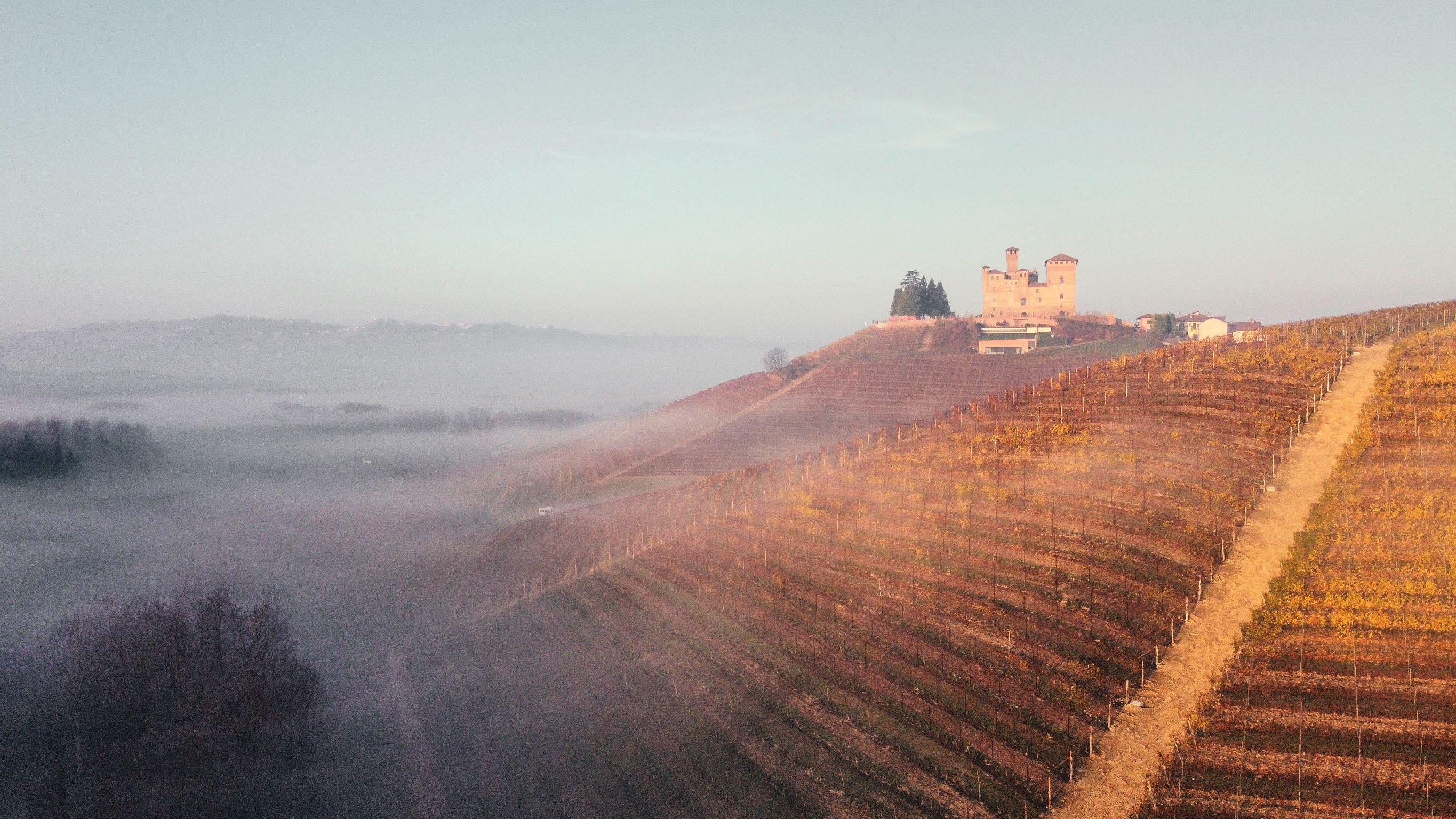
Last October, in a packed room within the medieval castle of Grinzane Cavour, global bidders took part in a frenzied charity wine auction by Christie’s, where 14 Barolo Gustava 2020 barriques (oak barrels), went under the hammer. Each barrique was assigned to a different charity, which between them were given the final proceeds of €600,000.
But within these UNESCO-protected walls that date back to the 14th century, something rather revolutionary was happening. Each of the 14 barriques was assigned an NFT (Non-Fungible Token) a unique and non-interchangeable piece of visual data stored on a digital ledger, created and assigned by US-based Antonio Galloni, wine critic and CEO of Vinous. He encrypted his review of each cask in an NFT, best described as a virtual, unique tasting note attached as a vignette to each cask.
The ancient art of winemaking has remained largely unchanged in 8,000 years, relying on revered master winemakers and earned knowledge passed down from generation to generation.
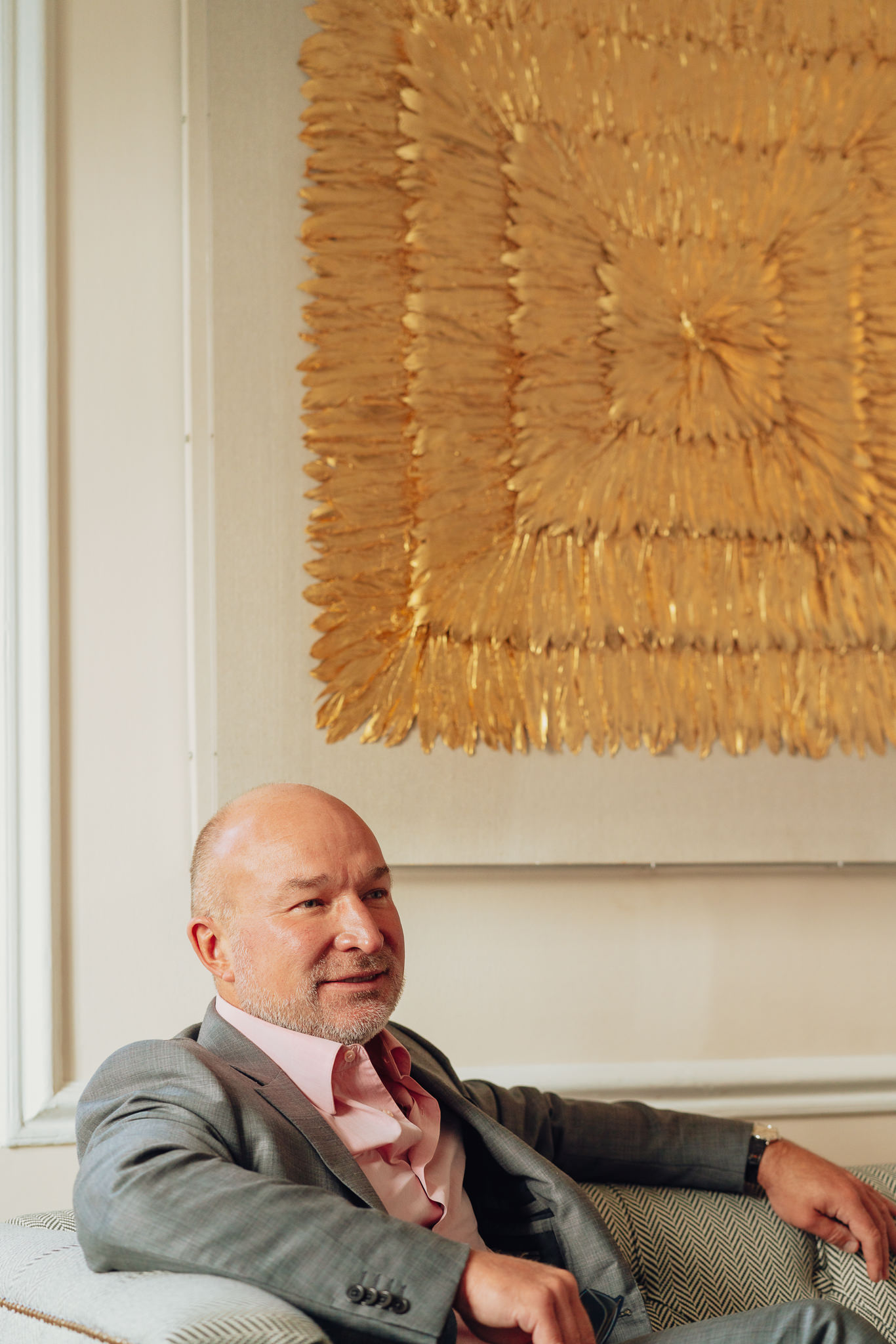
But in the 21st century, technology has played an increasingly transformative role in many industries and winemaking is now no exception. The emergence of blockchain technology is also making the wine industry more transparent and creating new models of ownership, payment and value assessment.
Konstantin Sidorov, founder and CEO of London Technology Club, a venture capital firm that invests in tech-related opportunities, believes we are entering an exciting new age for the wine industry. “Technologies such as AI and blockchain, combined with the consumer changes accelerated by the pandemic, has created an irreversible shift in operational processes, supply procedures and consumer behaviours. As both a technology investor and a lover of wine this is a particularly exciting time for me. The combination of thousands of years of wine-making knowledge and expertise blended with exciting new technology innovations is ushering in a new era where wine is more accessible, transparent, consistent and better for the environment, something we can all toast to.”
Companies such as OpenVino, for example, are creating an open-source winery and wine-backed cryptocurrency. Its mission is to take disruptive technologies around transparency, traceability, tokenisation and provide proof of concepts. OpenVino sells cryptocurrency tokens that represent bottles of wine made from a specific grape harvest. The completely decentralised process — allowing the market to decide the price of wine — provides transparency into the operational procedures of each vineyard on the platform.
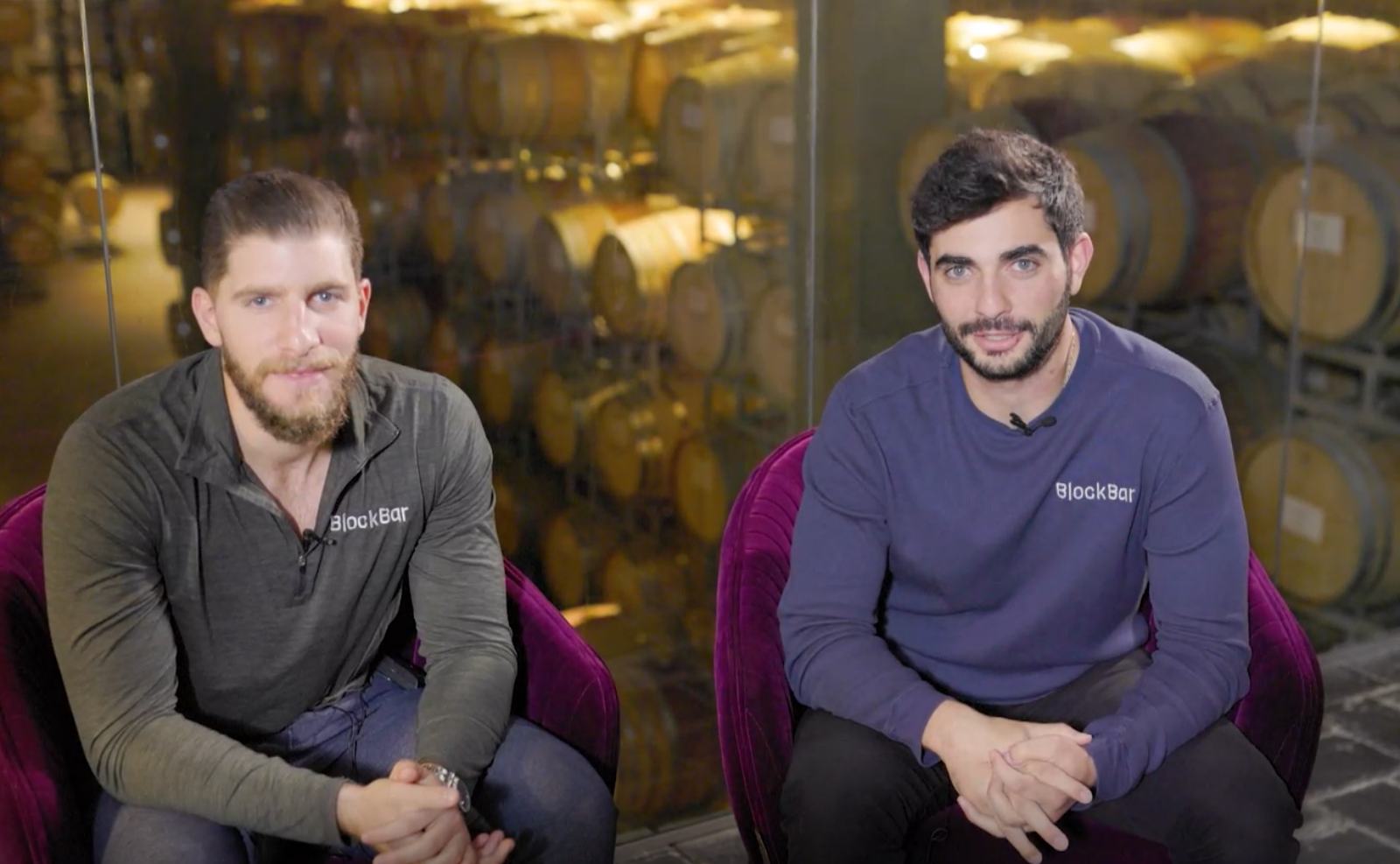
The proliferation of AI capabilities among wine companies with large data sets is entering into the consumer-facing side of wine. Established companies such as Vivino, Pix, Vinolyze and Wine Searcher are already in a race to be the ‘sommelier in your pocket’, fuelled by personalised and predictive algorithms improving with every use.
And it is not just the fine wine industry being sharpened up by blockchain and AI. BlockBar was set up in 2021 by cousins Dov and Sam Falic, heirs of the Falic Group, owners of Duty Free Americas, the largest duty-free operation in the Western Hemisphere. BlockBar is a marketplace for luxury wine and spirits backed by NFTs, with the physical bottles stored in a secure facility in Singapore. Buyers can make purchases either with a credit card or with Ethereum through their digital wallet. Consumers will have their own virtual bar on BlockBar as well as a digital wallet that keeps track of their portfolio’s performance.
“NFTs offer many benefits to investors and collectors in the spirits industry,” says Dov Falic, chief executive officer of BlockBar. “We only partner directly with brand owners, such as The Dalmore or Glenfiddich, and therefore the NFTs serve as a digital certificate of authenticity, eliminating any concern for counterfeits, which is a problem in the traditional liquor industry. Everything is on the Ethereum blockchain and buyers can track ownership all the way back to each brands’ distillery itself. Buyers can trade their NFT anytime on BlockBar’s marketplace to new purchasers or burn their NFT, which means BlockBar will ship the physical bottle directly to the buyer.”
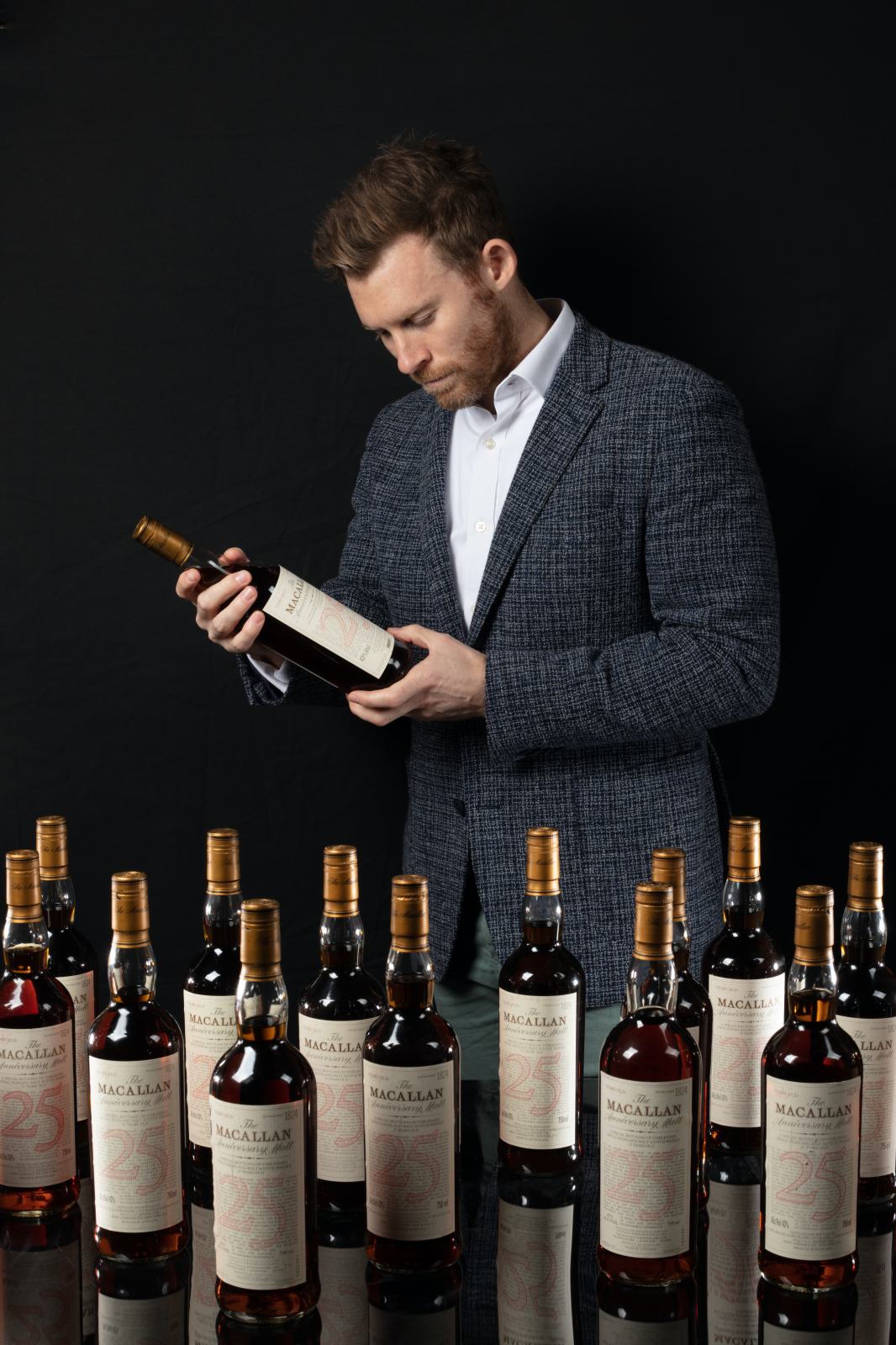
The brothers launched BlockBar in October with the sale of 15 bottles of a 1973 Glenfiddich, a 46-year-old whisky which spent more than two decades in an Armagnac cask, selling out in 4 seconds. Other sales include Highland whisky The Dalmore’s first NFT in December, one set of The Dalmore Decades No.4 Collection with a distillery experience.
“Over the last 10 years, the number of wine and spirit collectors has grown by over 582% and fine wine and spirits have outperformed gold and the S&P. Despite this, collectors and consumers seeking to diversify their personal portfolios face physical obstacles and have restrictive access to these limited-edition assets,” the company said in a statement.
There are those who wonder whether NFTs for luxury alcohol are really necessary, or more of a marketing ploy. According to Jonny Fowle, a senior wine specialist at Sotheby’s, NFTs are “finding their feet in the wine and spirits space”. But he questions whether the NFTs actually add value to bottles and barrels, or whether the introduction of an NFT to prop up provenance, could detract from the integrity of existing wine and spirits. “I think currently there is a tendency for NFTs associated with single bottles to be superfluous, but there are ways that they can be used to add value, the industry just needs to identify this.” Sotheby’s has not yet auctioned wine or spirits backed with an NFT, but it is likely to do so in future, hints Fowle, and is working on accepting crypto across all of its sales where possible.
Evidently the future of the barrel is heading towards the block.
This article originally appeared in Billionaire's Culture Issue, Autumn 2021. To subscribe contact

